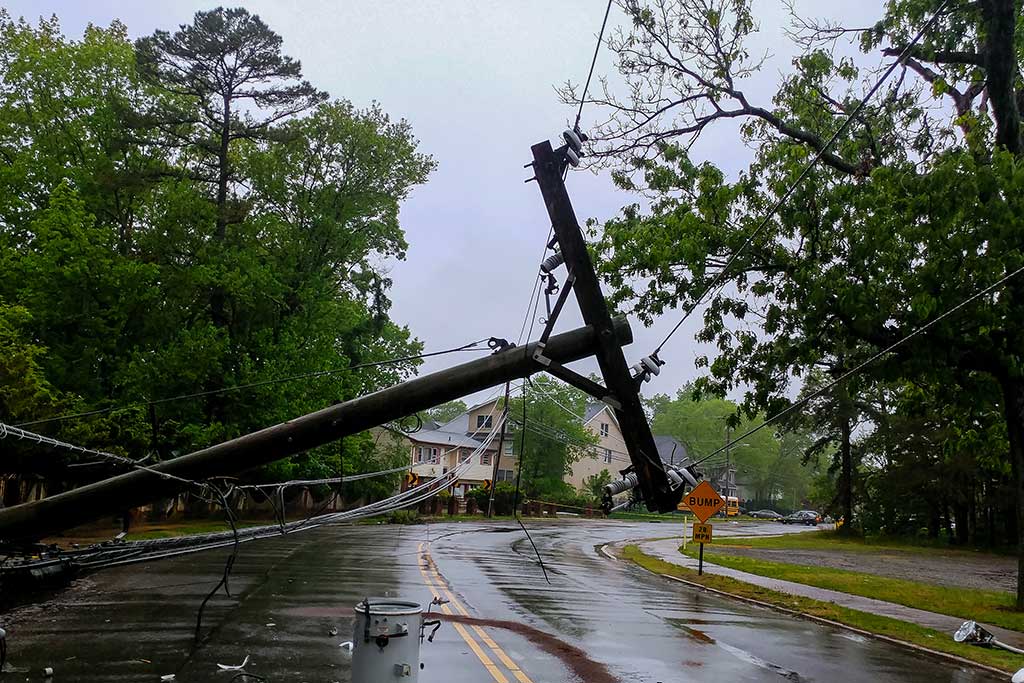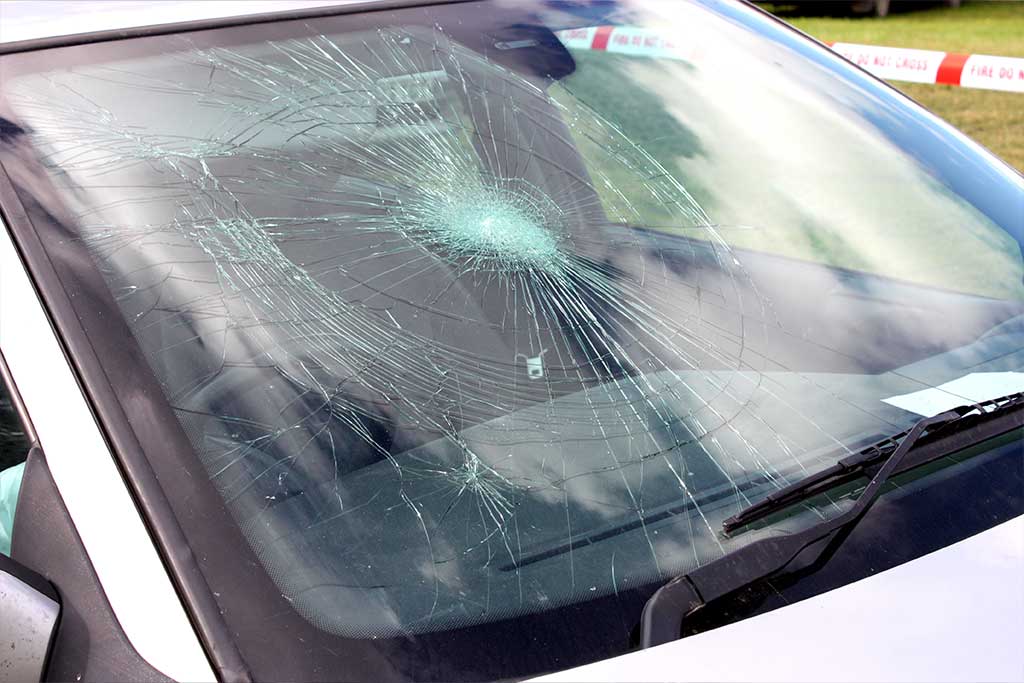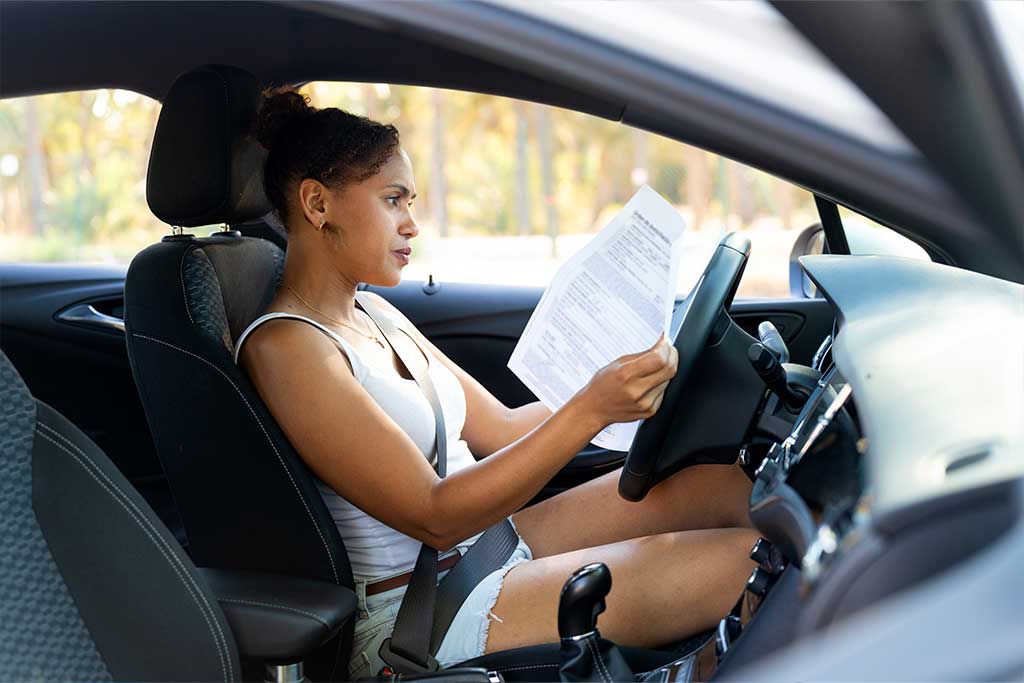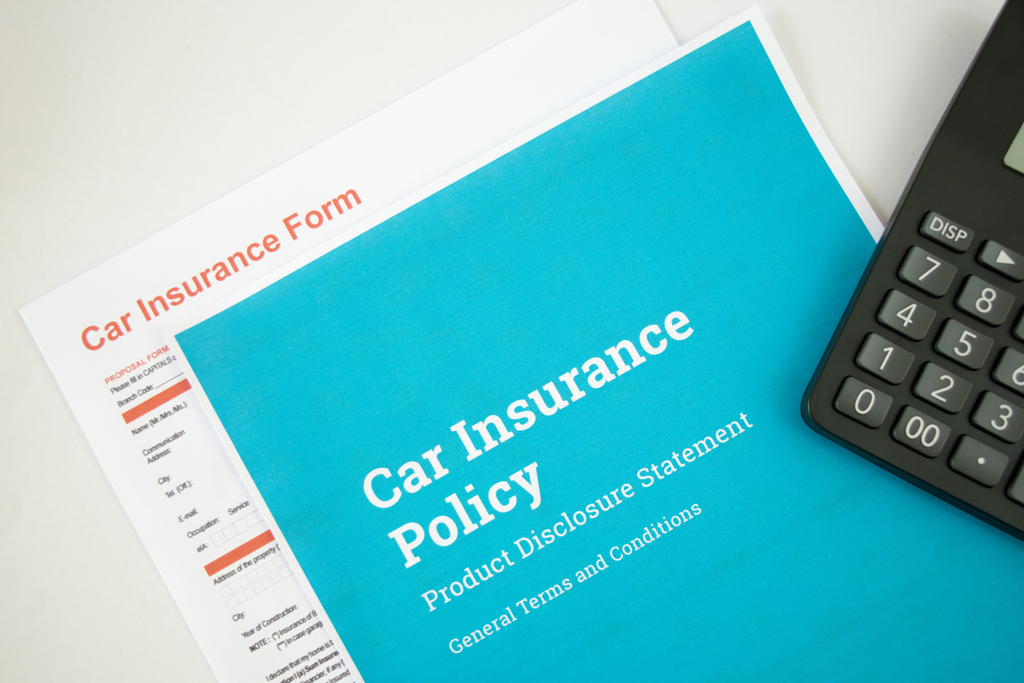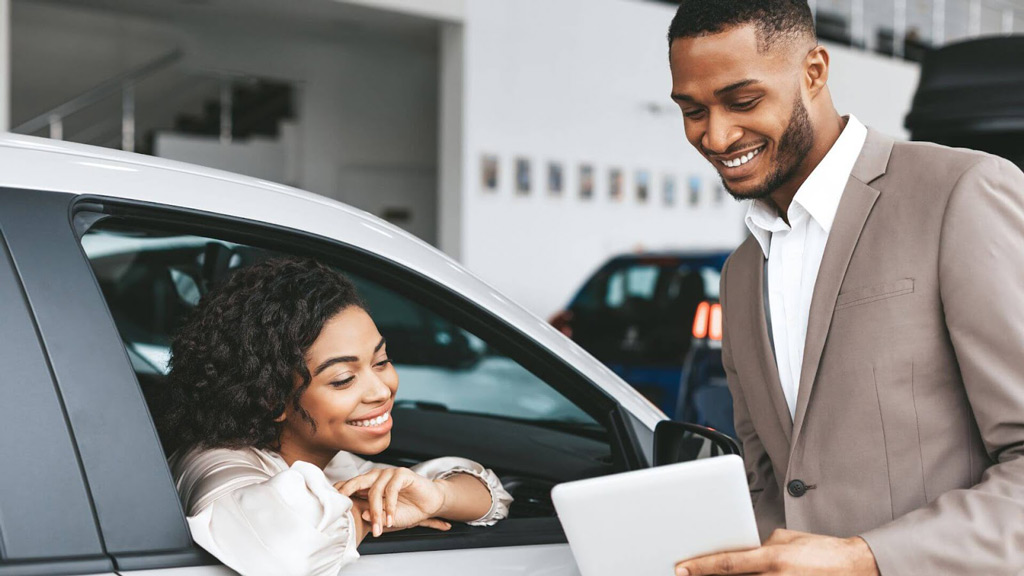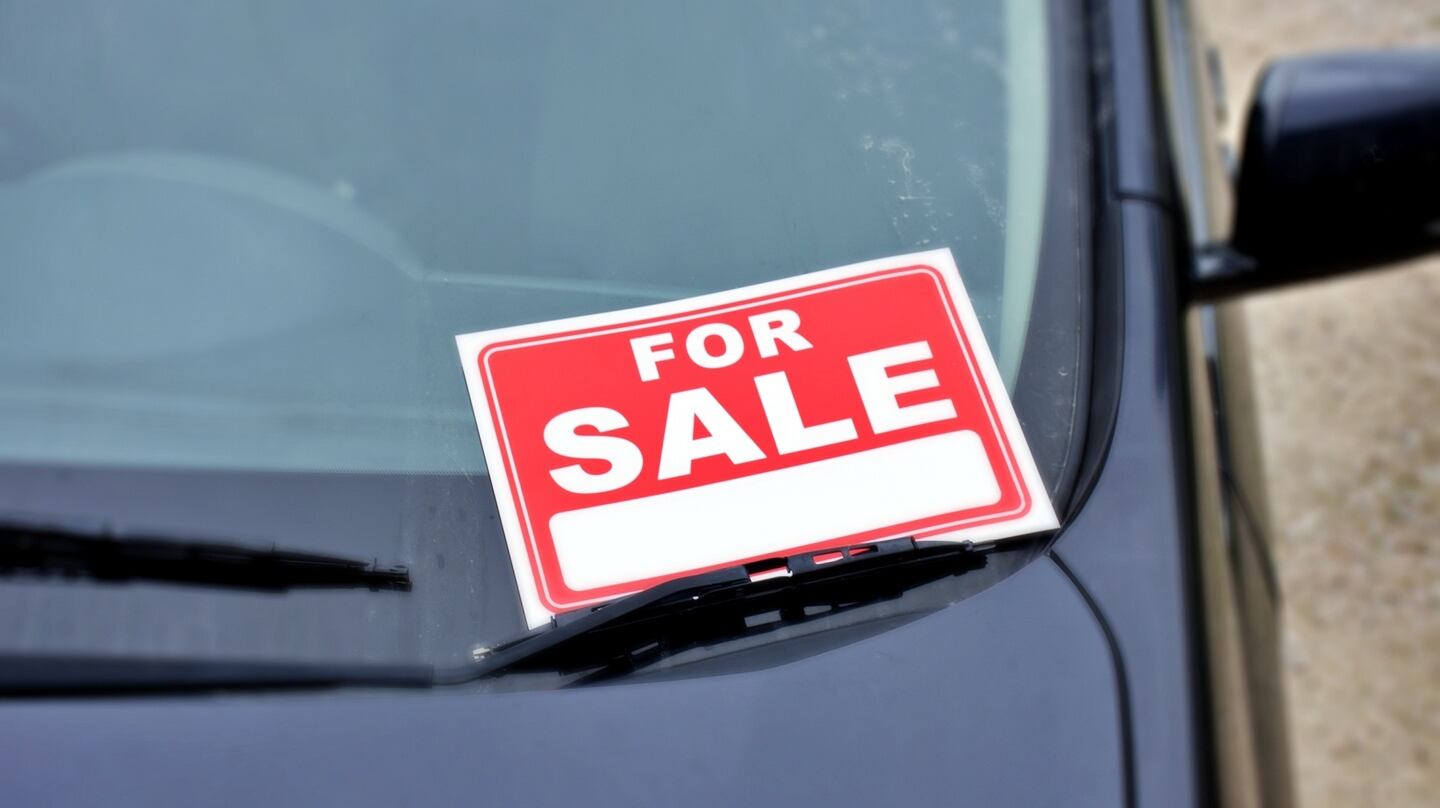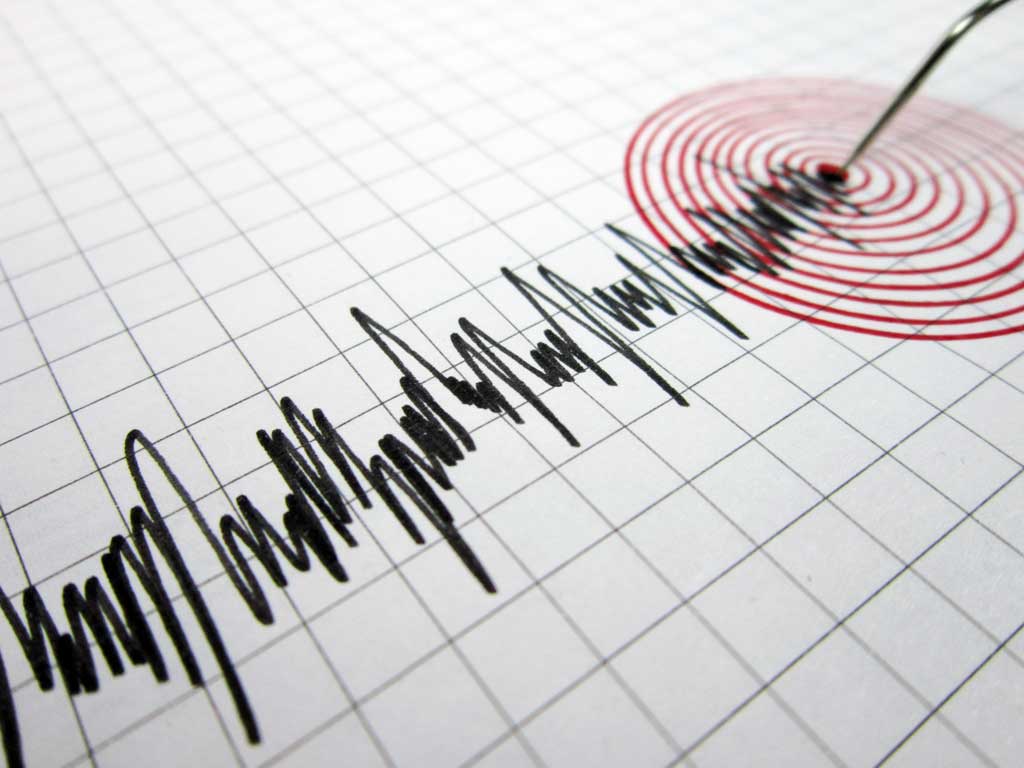How to Recover From a Hurricane
The rebuilding period after a hurricane can feel uncertain, with many decisions to make and priorities to balance. Knowing where to start and how to proceed makes the process more manageable. Plus, with the right insurance support, you can move through recovery with greater clarity and confidence.
Read on to learn how to approach each stage effectively, from ensuring immediate safety to building long-term resilience.
1. Ensure Safety Before Any Insurance Action
After a hurricane, safety comes first before any insurance concerns. Do not return home until local authorities say it is safe. When you do approach your property, watch out for hazards like downed power lines, gas leaks, and unstable structures. If the building looks structurally unsafe (e.g., cracked walls or a sagging roof) or you hear ominous creaking, stay out and get professional help.
Even if it appears safe to enter, wear protective gear — sturdy boots, gloves, and a face mask — and proceed carefully. Avoid stepping in any floodwater and never touch wet electrical equipment. If possible, shut off the main electricity and gas supply to prevent fire or shock risks.
Focus only on securing safety at this stage; don’t start cleaning up or documenting damage until all immediate dangers are fully under control.
2. Identify and Manage Post-Hurricane Hazards
Hurricanes often leave behind serious health and environmental hazards. Address these dangers before starting any cleanup or repairs:
- Floodwater often contains sewage and chemicals, and it can hide sharp debris or live wires. Avoid wading in standing water and wear protective gloves and boots during cleanup.
- Mould can develop quickly in damp areas, posing respiratory risks. Air out the home and dry wet materials fast.
- Standing water attracts mosquitoes and pests. Use insect repellent and remove stagnant water to control breeding.
At this stage, do not take on any major repairs. Only take actions that secure your property, such as boarding broken windows, tarping damaged roofs, and clearing debris that blocks safe access. For major repairs, wait for your insurance adjuster to inspect the damage. Save damaged items as evidence and do not throw anything away until your insurer approves.
3. Activate Your Financial and Insurance Recovery
Once you have ensured everyone is safe and you’ve placed immediate hazards under control, begin the financial recovery process. Let’s unpack what this entails.
Document Damage
Take clear photos or video of all damage to your home and belongings, and make a detailed list of damaged items. The more thorough the documentation, the easier it will be to support your claim and avoid disputes. Also, keep receipts for any immediate expenses (like temporary lodging and emergency repairs) — these might be reimbursed later by your insurer or aid programs.
Contact Your Insurer
Alert your insurance company — like General Accident Insurance Company — right away to start the claims process. Follow the company’s instructions closely. An adjuster will likely visit your property to assess the damage firsthand or review the evidence you provide. They will then confirm what your policy covers and outline the next steps for moving your claim forward.
Seek Relief Assistance
In addition to your insurance claim, explore disaster relief. Relief organisations or government agencies (like the Red Cross or Caribbean Disaster Emergency Management Agency) might offer emergency grants, supplies, or temporary housing. In most cases, you need to show proof of loss.
You may also need to provide proof of what your insurance will cover, and what it won’t. But note — relief programs aim to cover only essential needs and usually provide short-term help. You still need to rely on your insurance for full recovery and long-term rebuilding costs.
4. Rebuild With Insurance Guidance
After addressing immediate safety, hazards, and filing initial claims, begin rebuilding your property with guidance from insurance experts.
Prioritise repairs that your insurance policy covers — this financial support accelerates restoration. Ensure all reconstruction meets current building codes to maintain safety and satisfy insurance requirements. If older standards guided the original construction of your home, rebuild to modern code to secure your claim and future coverage.
Involve your insurer or risk advisor early in the rebuilding process. Discuss repair plans with them before signing contracts with contractors to confirm coverage and avoid surprises. That way, you’re better positioned to align contractors’ estimates with your policy and ultimately support a smoother restoration.
5. As You Rebuild, Support Those Around You
Even with financial relief from insurance, rebuilding after a hurricane is a mental and emotional challenge for everyone involved. A disaster’s aftermath brings high stress, so make mental health a priority alongside physical reconstruction. Here’s how you can help yourself and those around you:
- Keep daily routines as much as possible.
- Cut back on exposure to distressing news or social media.
- Talk openly about experiences and feelings.
- Take regular breaks from cleanup or repairs.
- Reach out to a professional if signs of mental distress appear.
As you rebuild, lean into your support networks as well. Friends, neighbours, and local community groups often come together to share resources and help each other recover. Beyond gaining support, participating in community efforts and volunteering to assist others can foster a sense of much-needed purpose and connection during the recovery process.
6. Strengthen for the Future
Once you complete urgent repairs, focus on protecting yourself from facing the same losses again. You want to gain strength on two fronts: your policy and your property.
Compare your policy limits to the actual cost to rebuild your home today, not when you first insured it. Add coverage for gaps revealed during the storm – such as flood, contents, or additional living expenses – so the next claim fully reflects your needs.
As you do this, work closely with your insurance provider. For example, GenAc can review your coverage in detail and identify where you can strengthen it. Our team can assess your risk profile, recommend policy adjustments, and advise on mitigation upgrades that not only reduce future losses, but may also lower your premiums.
Alongside strengthening your insurance policy, take steps to fortify your home long-term. Consider the following tips:
- Install permanently mounted hurricane shutters on all windows and glass doors. Choose models designed and tested for your wind zone. These shutters shield glass from high-speed debris impacts and dangerous pressure changes. These can actually earn you a 10% discount at General Accident.
- Reinforce the roof-to-wall connection with galvanised hurricane straps or clips at every truss or rafter. This creates a continuous load path that directs wind forces safely into the foundation and reduces the risk of roof detachment.
- Elevate critical utilities — including electrical panels, HVAC condensers, and water heaters — at least one foot above the local base flood elevation, or higher if required by local building codes.
- Replace exterior entry and garage doors with pressure- and impact-rated assemblies tested to withstand Category 5 hurricane conditions (or equivalent wind speeds specified in your local building code). Seal frames securely to prevent wind infiltration and water intrusion.
Regrade and compact the soil around the foundation to slope away at least six inches over the first 10 feet. Extend downspouts to direct runoff safely away and reduce hydrostatic pressure on walls during heavy rainfall.
General Accident provides prompt post-hurricane support
With robust coverage in place, families have the financial protection and confidence to rebuild stronger after a disaster. The right insurance partner makes a difference in how smoothly recovery unfolds.
GENAC provides end-to-end hurricane support, offering tailored hurricane coverage to help you recover quickly. In need of help, or simply want to learn more? Get a quote from our team today.


